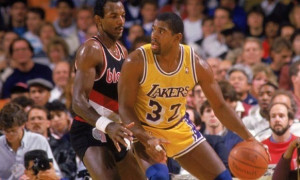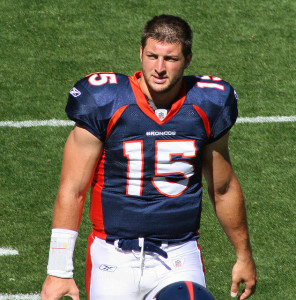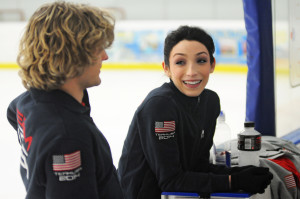Famous Dyslexics: Sports
Written by Eryn Feeney
Published on January 27, 2016
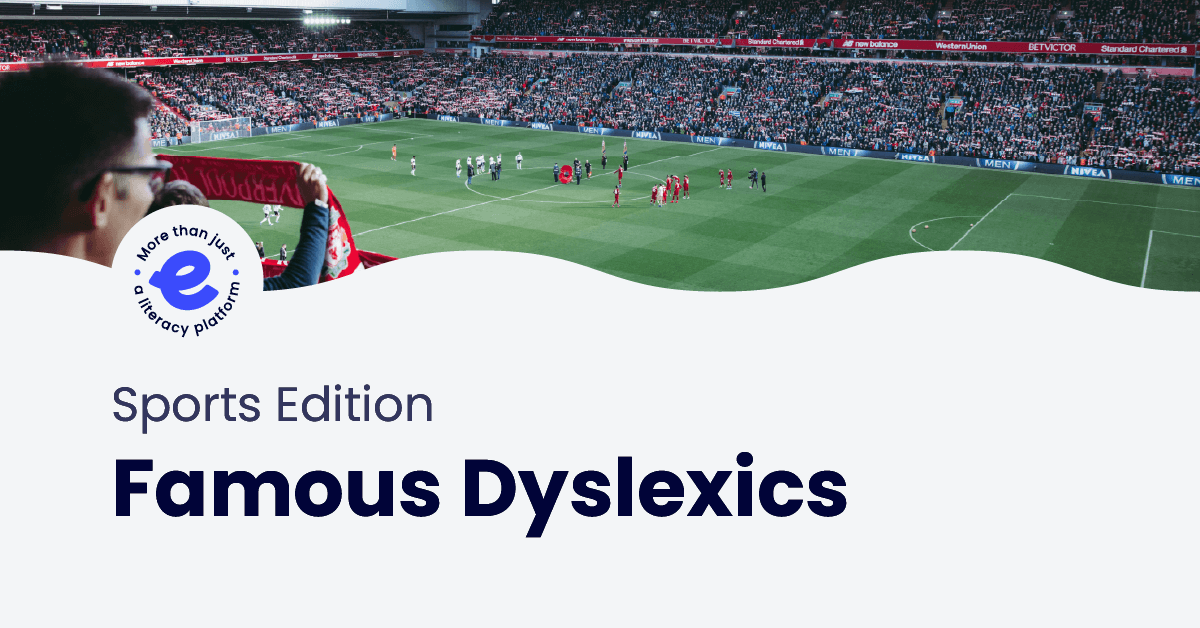
Dyslexics can often thrive on the court or field more than they do in the classroom. For students that fall behind in the classroom, sports can equal out the playing field. Dyslexics are sometimes seen as outcasts in school and their self-esteem suffers because of this. The chance to be on a team with their classmates makes them feel included. Sports also offer struggling students a positive escape from hard homework and poor grades. These famous dyslexics have become most known for their athletic accomplishments!
Dyslexics who triumphed in sports
Magic Johnson
“All kids need is a little help, a little hope, and somebody who believes in them.”
For Earvin “Magic” Johnson, basketball wasn’t merely a game. The five-time NBA champion, who received his famous nickname after scoring 36 points in a high school game, found his success story on the courts – not in the classroom. Johnson struggled with dyslexia in school and took summer classes in order to stay caught up. As a young boy, he was judged by both his classmates and advisers. While others had low expectations, Johnson saw the potential he had as a basketball player. In order to secure a spot on the Michigan State University team, the young player dedicated his early mornings to practicing his sport. Two years after enrolling in college, Johnson was drafted into the NBA where he would go on to win five championships with the Los Angeles Lakers. He was also a part of the United States’ gold medal basketball team at the 1992 Olympics.
Muhammad Ali
“It’s lack of faith that makes people afraid of meeting challenges, and I believed in myself.”
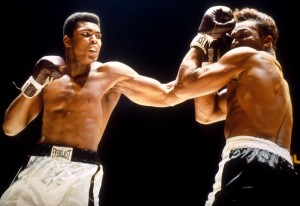
World heavyweight champion Muhammad Ali fought hard in the ring as well as in the classroom. Diagnosed with dyslexia at a young age, Ali struggled with reading. He barely graduated from high school and never felt smart. He hated reading but loved to fight. A local law enforcement agent noticed the remarkable drive and energy that Ali had and later acted as the young boy’s boxing mentor. Ali grew up to become an incredible athlete, winning world championships and gold medals at the Olympics. Today, Muhammad, in collaboration with his wife, runs a program called “Go the Distance”, which aims to improve the literacy of young African Americans. He says his struggles with academics only motivated him to work harder for success.
Connect with a Dyslexia Teletherapist for a Free Consultation
Tim Tebow
“You can be extremely bright and still have dyslexia. You just have to understand how you learn and how you process information.”
The public eye is used to seeing NFL quarterback Tim Tebow tackle his opponents, but off the field, he spends time tackling the symptoms of his dyslexia. By looking at his high 3.7 GPA and the healthy study habits he exhibited while at the University of Florida, it would be hard to tell that the now free agent was diagnosed with dyslexia at the age of seven. Tebow’s father and brother both struggled with the learning disability, so the symptoms Tim displayed were nothing unfamiliar to this family. Tebow says his dyslexia makes it hard for him to sift through large amounts of information in order to make a clear decision. He learns best from hands-on experience, rather than diagrams or game plans. In order to memorize complicated playbooks, Tebow makes his own flashcards to study up on plays before the big games. His dedication and willingness to put in extra behind-the-scenes work are what have helped the football player win multiple awards and honors for both his collegiate and professional football career.
Meryl Davis
“I learned how I learned and how my brain worked. It helped me adjust and compensate for my differences…. It opened me up to problem-solving, seeing things differently, and how I can help myself overcome things.”
Meryl Davis often stays quiet about her dyslexia. She’s not embarrassed, but the world champion figure skater wants her skating to take the main stage. Meryl began ice skating at the age of five and was diagnosed with dyslexia in third grade. While she shined on the ice, she secretly struggled with self-esteem and often viewed herself as unintelligent. She had a hard time reading throughout high school but successfully graduated as a member of the National Honors Society. After high school, the figure skater continued on to pursue a college education at the University of Michigan. When the 2014 Sochi Olympics rolled around, Meryl and her dance partner of 17 years were determined to reap the benefits of their demanding workouts and travel schedules. Their risky routine paid off, and together they became the first American Ice Dancers to medal in gold. Davis says her dyslexia is what helped her develop a remarkable character. After taking the time to understand how her mind works best, she has become more patient with herself. Although her skating career is currently on hold, she continues to work towards getting her degree in cultural anthropology.
Ensure your child’s success by getting them the help they need. You can screen your child for dyslexia with our free dyslexia screener.
Improve Your Child’s Reading
Learn more about Lexercise today.
Schedule a FREE
15-minute consultation


